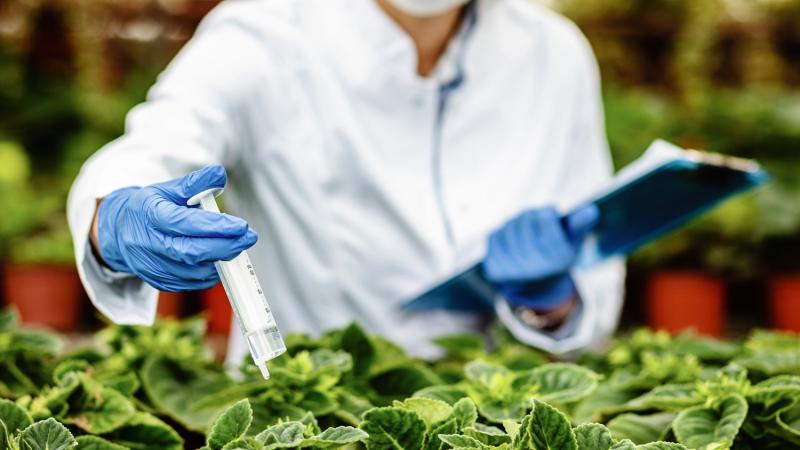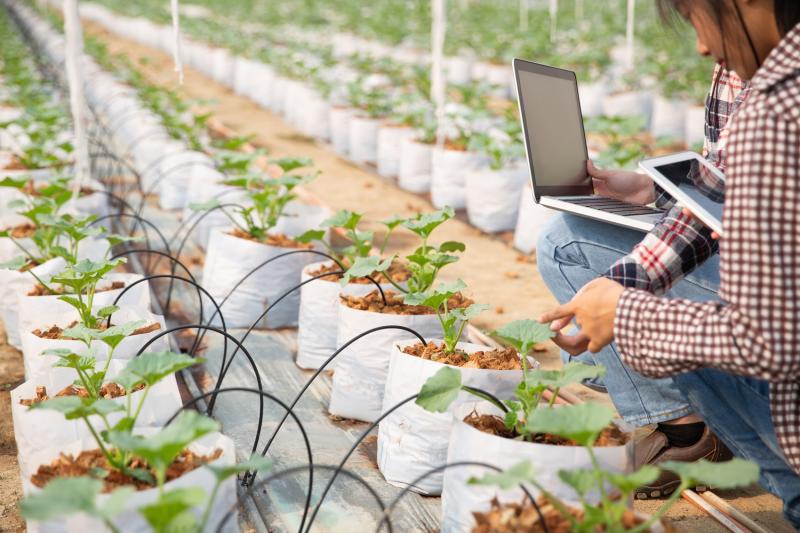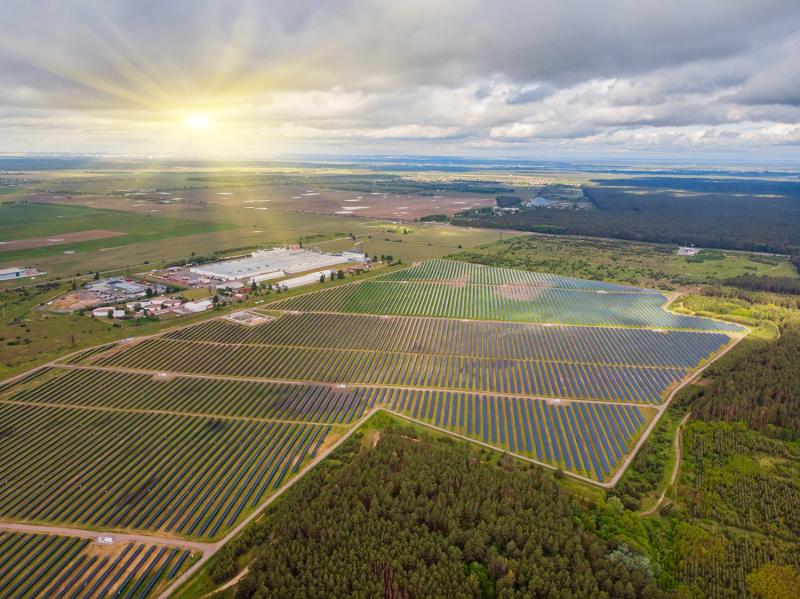How Precision Pest Management is Enhancing Crop Yields and Sustainability Worldwide | BIS Research

As global agriculture faces the dual challenge of increasing food production and reducing environmental impact, precision pest management has emerged as a game-changing solution. By leveraging advanced technologies like artificial intelligence (AI), drones, sensors, and data analytics, precision pest management is transforming traditional farming practices. This approach not only boosts crop yields but also supports sustainability by minimizing pesticide usage and preserving biodiversity.
What is Precision Pest Management?
Precision Pest Management is an innovative farming technique that combines real-time data, advanced analytics, and targeted interventions to control pests effectively. Unlike traditional pest control methods that often involve blanket pesticide applications, precision pest management identifies specific pest populations and applies treatments only where necessary.
This approach relies on tools such as:
IoT-enabled sensors for real-time pest monitoring
AI and machine learning for pest identification and prediction
Drones and satellites for field surveillance
Precision spraying equipment to minimize pesticide waste
By optimizing pest control measures, precision pest management helps farmers protect their crops while reducing environmental harm.
According to BIS Research, the global precision pest management market was valued at $1,748.4 million in 2021 and is expected to reach $4,396.3 million by 2027, following a CAGR of 16.43% during the forecast period of 2022-2027.
Benefits of Precision Pest Management
Enhanced Crop Yields:
Targets pest hotspots effectively to minimize crop damage.
Ensures healthier plants, leading to better yields and higher-quality produce.
Reduced Pesticide Usage:
Applies pesticides sparingly, only where necessary.
Reduces chemical runoff, lowers costs, and decreases pest resistance risks.
Environmental Sustainability:
Preserves soil health and protects beneficial insects like pollinators.
Maintains ecological balance, supporting long-term sustainable farming.
Cost Efficiency:
Reduces pesticide expenditure, labor costs, and crop losses.
Enhances overall farm profitability through targeted pest control.
Adaptation to Climate Change:
Provides tools to monitor and adapt to shifting pest patterns caused by climate change.
Supports resilient farming practices in evolving environmental conditions.
Request for sample research report on the global precision pest management market
Precision Pest Management Industry Segmentation
Segmentation 1: by Application
Area-Wide Pest Control
Site-Specific Pest Control
Segmentation 2: by Technology
Monitoring
Spraying
Segmentation 3: by Region
North America
Europe
China
U.K.
Asia-Pacific
Middle East and Africa
Technologies Driving Precision Pest Management
IoT and Smart Sensors:
IoT-enabled sensors monitor real-time data on pest activity, environmental conditions, and crop health.
Early detection of infestations enables farmers to take proactive measures.
Drones and Aerial Imaging:
Drones with high-resolution cameras and thermal sensors provide detailed aerial views of crops.
Helps map pest-affected areas and enables precise, targeted treatment applications.
Artificial Intelligence and Machine Learning:
AI-powered tools analyze data from sensors and drones to identify pest species and predict infestation patterns.
Offers actionable recommendations for optimal and timely pest control strategies.
Precision Spraying Equipment:
Advanced systems use GPS and AI to spray pesticides directly on affected areas.
Minimizes chemical waste and avoids unnecessary application.
Big Data and Predictive Analytics:
Analyzes historical pest trends, weather patterns, and crop cycles to forecast future infestations.
Allows farmers to implement preventive measures in advance.
Precision Pest Management and Sustainability
Protecting Pollinators: By reducing indiscriminate pesticide application, precision pest management helps protect pollinators like bees, which are essential for crop production and ecosystem health.
Conserving Water Resources: Precision spraying minimizes pesticide runoff into water bodies, reducing water pollution and conserving aquatic ecosystems.
Reducing Carbon Footprint: Efficient pest control reduces the need for frequent spraying, lowering fuel consumption and greenhouse gas emissions from agricultural machinery.
Promoting Biodiversity: Targeted pest control methods preserve beneficial insects and other organisms, supporting biodiversity and ecological balance.
Get more insights on the Agriculture Market Research Reports
Future of Precision Pest Management
The global precision pest management industry is expected to grow significantly in the coming years, driven by advancements in technology, increasing demand for sustainable agriculture, and the need to address food security challenges. Key trends shaping the future include:
Integration with Smart Farming Systems: Precision pest management will become a part of comprehensive smart farming ecosystems, integrating pest control with irrigation, fertilization, and crop monitoring.
AI-Driven Automation: Automation in pest monitoring and control will reduce labor dependency and enhance accuracy.
Affordable Solutions for Smallholder Farmers: Innovations in low-cost sensors, drones, and mobile platforms will make precision pest management accessible to farmers in developing regions.
Collaborative Efforts: Partnerships between technology providers, governments, and agricultural organizations will accelerate the adoption of precision pest management globally.
Conclusion
Precision Pest Management is redefining the future of agriculture by enhancing crop yields, reducing pesticide usage, and supporting sustainable farming practices. As global food demand continues to rise, adopting precision pest management will be crucial for meeting these needs while protecting the environment.
With continued innovation and collaboration, the precision pest management industry has the potential to transform agriculture into a more efficient, sustainable, and resilient industry worldwide.









Comments